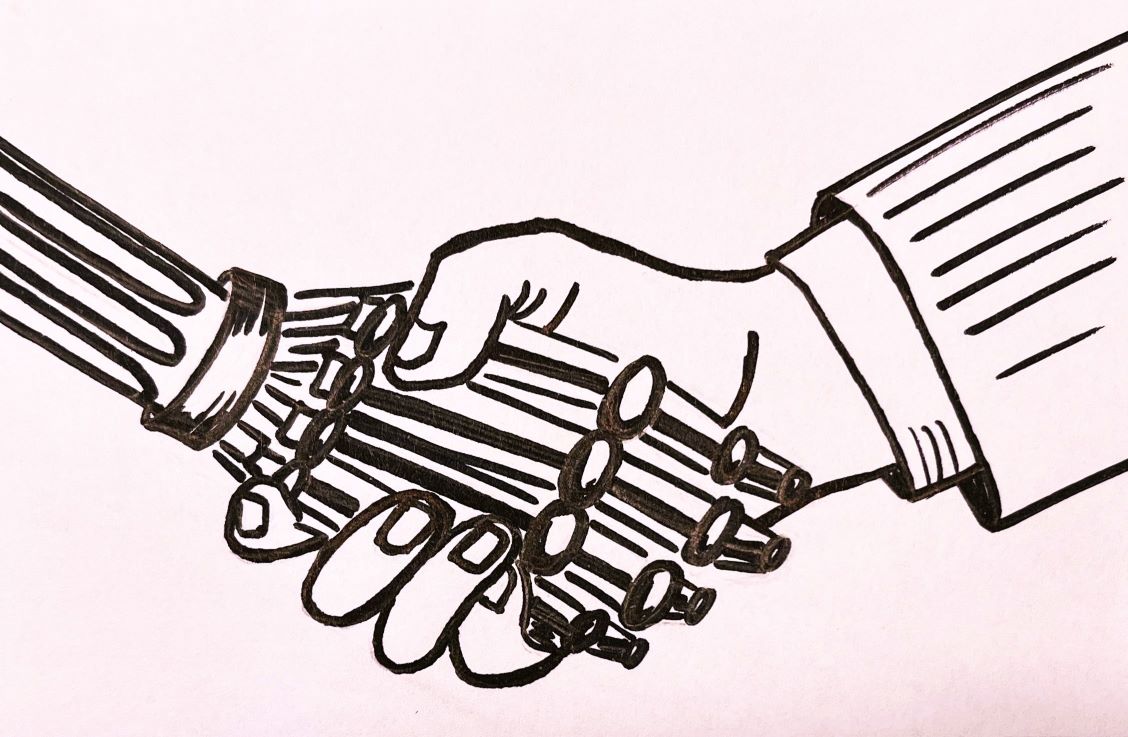Multinational companies are constantly faced with strong competition in their respective business sectors. To keep their position or even excel among competitors, novel technologies must be leveraged. Particularly in times of limited resources those technologies will augment human potential and allow a focus on innovation.
How can you bring your organization to a more competitive position, outperforming others? There is plenty of old and newer literature available on this topic. McKinsey recently published a stimulating article on a renewed understanding of operational excellence. Among others, one element of operational excellence the authors recommend reviewing regularly is the “application of technology to augment human capabilities, rather than replacing humans with machines”.
As a Director and team lead at MSD I am always investing in the improvement of our current processes to become more efficient, thereby striving for process excellence and create real value. The article made me reflect on how and where (generative) Artificial Intelligence (AI) can be leveraged as a novel technology to improve processes, free resources, and eventually unlock business potential.
Start with using AI for simple but time-consuming tasks
If approved and encouraged by management, AI may be employed to perform routine tasks, in particular tedious and time-consuming ones. Thereby it can help improve your process excellence. However – in my experience – AI cannot deal well with ambiguous information and completely novel situations due to missing human cognitive capabilities. Thus, for more complex and strategic tasks AI may not be satisfactorily employed (yet).
Using AI is particularly important in multinational companies, where competitors are also constantly improving their ways of working by using these new technologies. Here are some illustrative examples:
- A low hanging fruit: In the international context a simple translation is part of the daily work but may be challenging while no value is added in this step. This work can be quickly done by a ChatBot.
- Working with authorities in different countries where information has to be submitted: they may have different forms and templates, but the content of the information to be delivered is usually similar. With appropriate machine learning AI can very well help there too.
- AI may also be leveraged to compare complex market research data sets from different countries, which enables the company to evaluate the results, make predictions and take required strategic decisions.
Spend your spare time on value adding activities
As there is no longer a need to spend too much time on those routine tasks, management must empower the human workforce to work on value adding tasks. Examples are strategic topics such as goal and priority setting, but also innovative and scientific activities. At MSD for example, we are investing in the evaluation and implementation of novel technologies or building collaboration partnerships internally and externally.
By freeing up workforce, AI augments the company’s human capabilities to improve the level of performance continuously, thereby eventually contributing to increased operational excellence. That’s the true north, and we may not be there yet for long. However, a regular review of these emerging technologies to check their growing abilities will help every company to become more competitive.
AI will certainly continue to transform many industries and jobs. But I don’t think AI will be able to replace human workforce in the near future. Let’s rather look at the relation as a synergistic partnership than a competition. The asset of AI will eventually augment the workforce and will enable them to engage more productively, more safely, and in a more satisfying way.

 by
by